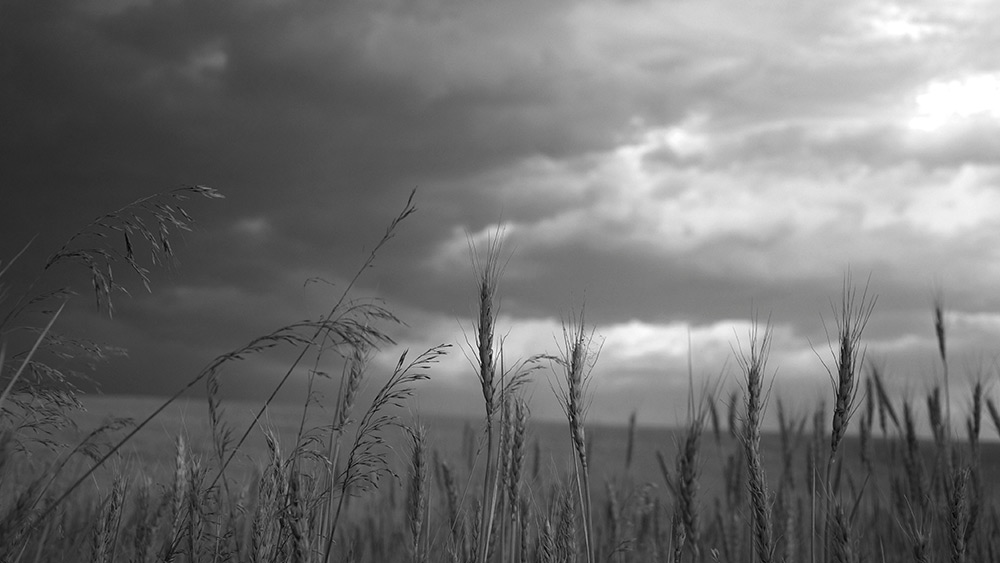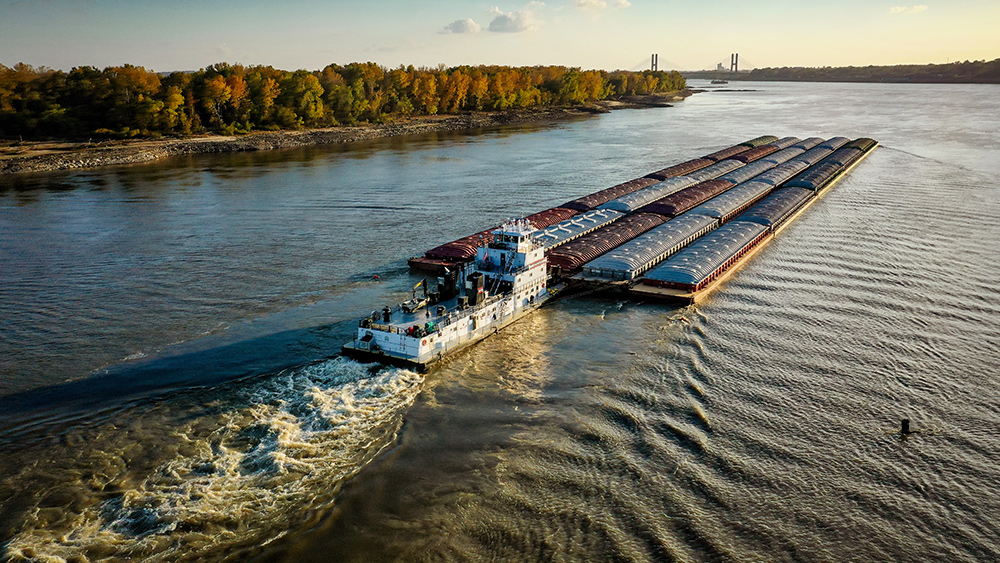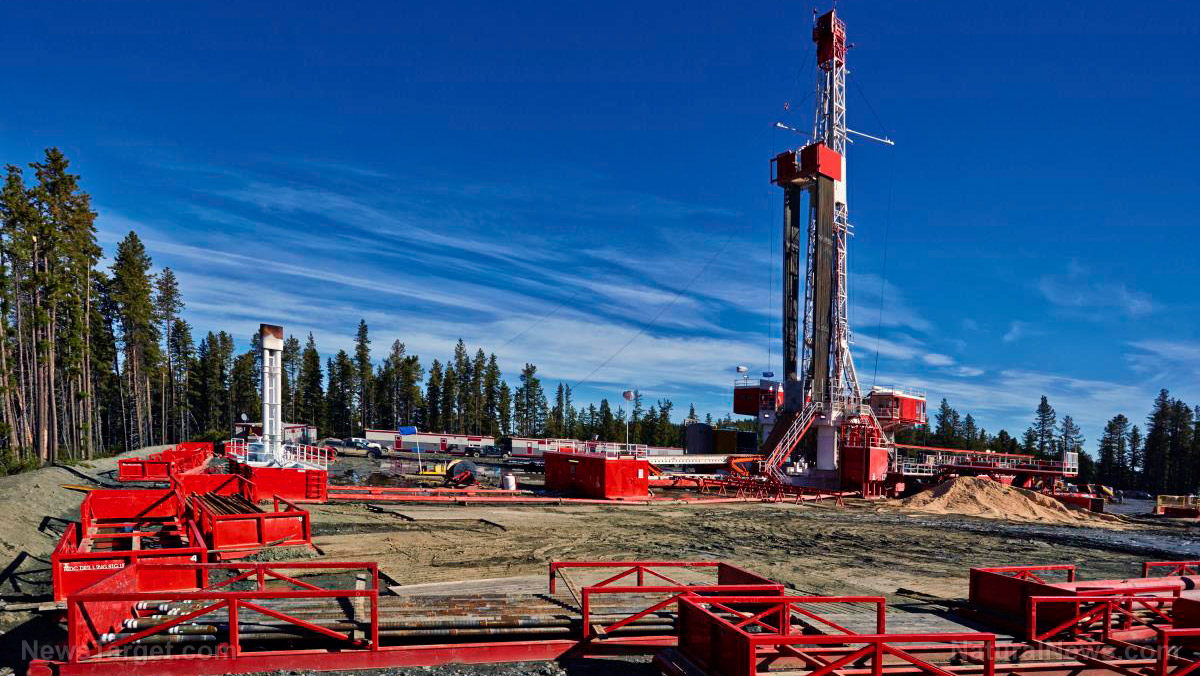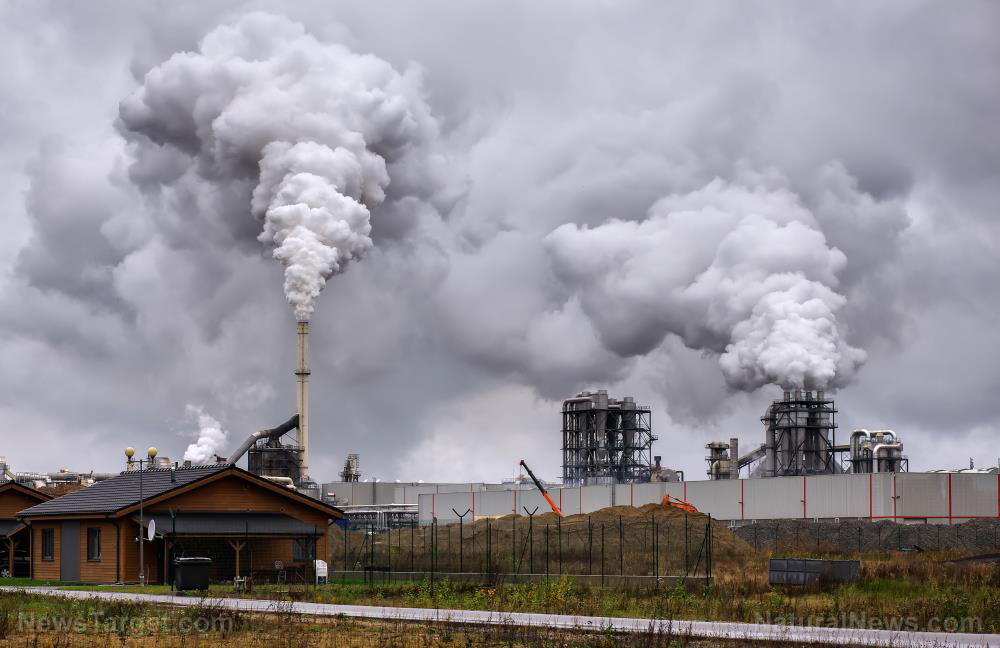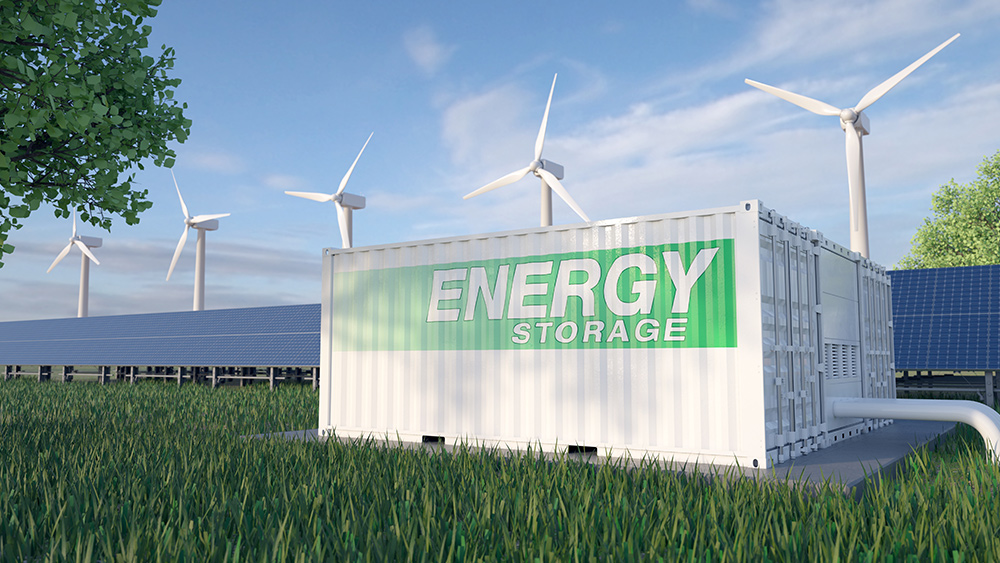Trees in cities grow fast but die young, unlike rural trees: Existing trees must be preserved and cared for, advise researchers
12/04/2019 / By Grace Olson
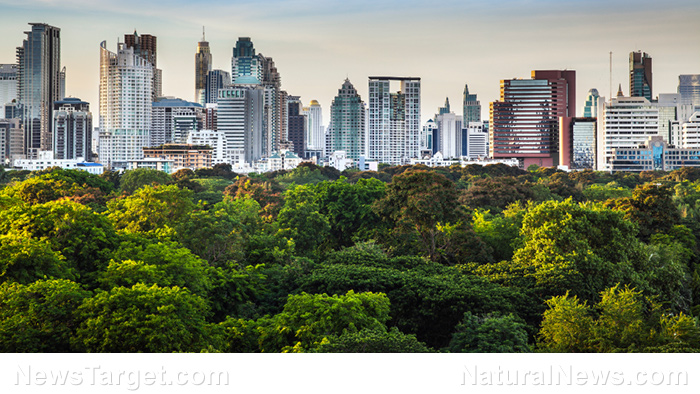
In recent years, more and more cities have adopted green initiatives to combat the effects of massive urbanization on the environment. These green initiatives employ projects such as planting more trees along streets and city parks, among others.
However, a recent study published in PLOS ONE revealed that urban trees are different from trees growing in rural areas. Even though trees grow faster in the city, they also die earlier. The researchers from Boston University pointed out that this has serious implications on present green projects.
Urban trees have special needs
Green initiatives look simple at first glance. Plant trees wherever they can be planted. This includes sidewalks, streets, roadsides – anywhere. However, there are other things to consider aside from space. This stems from the fact that urban trees grow differently from rural ones.
Most research on vegetation and trees are based in the countryside, like forests and woodland. On the other hand, there is a limited understanding of how urban trees work. Due to the difference in location, they may have different ecosystem dynamics. This means that experts’ knowledge of vegetation structure and function in rural forests may not apply to urban trees.
At the beginning of the study, the researchers wanted to study urban trees for several planting and management projects. As a part of urban planning, they hoped to map out short-term changes among roadside trees. The researchers used a model to estimate their growth rates, their potential lifespans and their sizes. They also estimated how often these trees would have to be replaced.

Their findings revealed that urban trees had faster rates of carbon cycling. This means that compared to rural trees, urban trees process more carbon and release more oxygen every day. The increased number of carbon cycles may contribute to how these trees grow significantly faster than rural trees. Researchers estimated that they grow up to four times faster.
Despite these seemingly positive results, the researchers also discovered a setback. Even though urban trees grow faster, they tend to die younger. Their average mortality rate is more than twice that of rural trees. Over time, this results in a net loss of street-tree carbon storage. Moreover, it means that they will have to be replaced sooner.
These findings highlighted that tree health should be considered in green initiatives. Establishing and preserving trees are crucial for increasing urban canopies and increasing carbon storage in vegetation. The researchers suggested that strategic combinations of planting and maintaining trees may contribute to successful green initiatives.
Benefits of an urban canopy
The planting and maintenance of urban trees do not only preserve tree health; it benefits human health as well. Aside from the beautiful green scenery, it also offers the following benefits:
Trees help clean the air
The levels of air pollutants are notoriously high in cities. They can lead to numerous health conditions, like asthma, coughing and headaches. Trees help purify the air by producing oxygen.
They promote physical and mental well-being
When there are parks, people have spaces where they can play, jog and hold picnics, among others. The presence of these parks encourages people to become more physically active, which can result in a reduced risk of obesity. Furthermore, being surrounded by nature helps reduce physical, emotional and mental stress.
Implementing green initiatives in the cities is a crucial step to enhancing both the environment and human health. Further studies on the unique ecosystem dynamics of urban trees can help make these projects more successful.
Sources include:
Canopy.org [PDF]
Submit a correction >>
Tagged Under:
cities, clean air, conservation, Ecology, environment, green initiative, green living, trees, urban trees
This article may contain statements that reflect the opinion of the author






